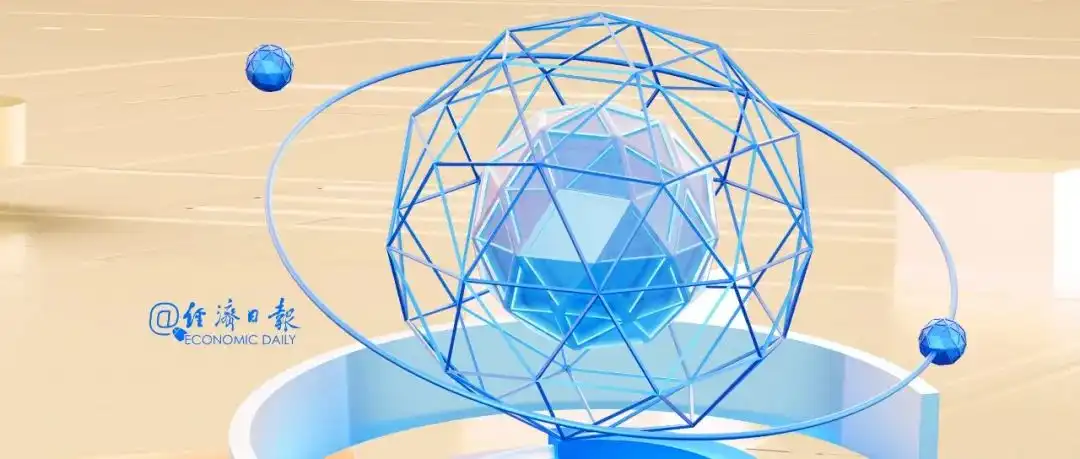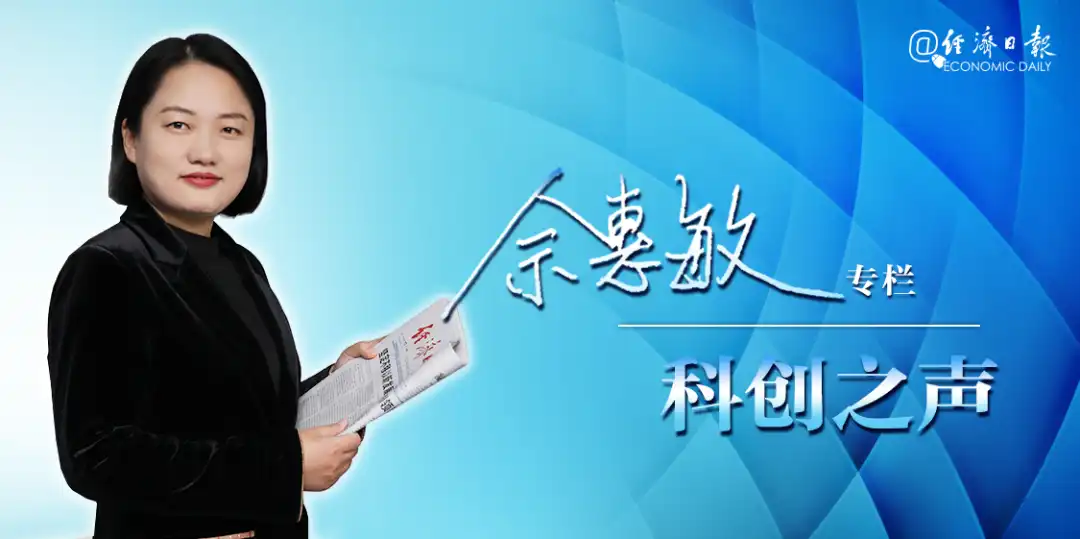Can the domestic model Kimi "land on the moon"? Ambitious goals and outstanding specialties are worth looking forward to
Recently, Kimi, a Chinese-made model that can swallow 2 million words in one go, exploded, igniting a new round of investment enthusiasm in the field of artificial intelligence. Kimi was developed by Moonshot AI, a one-year-old artificial intelligence startup. Company founder Yang Zhilin has repeatedly used "landing on the moon" to describe his general artificial intelligence (AGI) dream. Can Kimi go to the moon as he wishes?

See if the goal is ambitious.
General artificial intelligence refers to artificial intelligence that has the same intelligence as humans or transcends humans. Just a few years ago, most people believed that general artificial intelligence was an unreachable goal. More than a year ago, the ChatGPT product of the American company OpenAI triggered a craze for large-scale artificial intelligence models, making many people feel that universal artificial intelligence is in sight, and large-scale model tracks are competing for success. As of the end of 2023, China has released more than 200 large artificial intelligence models. The huge investment and high risks of the big model have caused some industry insiders to hold a wait-and-see attitude. Some people even think that the gap between the domestic model and the United States is too big to keep up and burn money in vain. It is better to adopt a follow-up strategy of using the underlying technology to ride on the United States and using the open source model to innovate at the application level.
It is indeed not advisable to blindly burn money and rush forward. However, trees cannot grow without roots, and people cannot stand without will. If the realization of general artificial intelligence is compared to a lunar landing project, ChatGPT did not land on the moon, but is in the rocket prototype testing stage like other large models. More than a year since the big model exploded, the actual gap between China and the United States has been narrowing, and there is no need for us to give up easily. Aiming at the first principle in the field of artificial intelligence, general artificial intelligence is the core. The first company to get an AGI ticket can take off and take all from that moment. Dark Side of the Moon Company aims to "land on the moon" with the spirit of a newborn calf not afraid of tigers. It can be said that it has ambitious goals and is worthy of expectations.
Second, look at whether your strengths are outstanding.
Artificial intelligence also requires differentiated competition. Dark Side of the Moon Company accurately grasps user needs and application scenarios, and creates a product Kimi Intelligent Assistant with memory points, leading the "long text" era of artificial intelligence. The GPT-4 Turbo officially released by OpenAI in November last year supports 128k contexts, which is equivalent to approximately 100,000 Chinese characters. When Kimi's smart assistant debuted in October last year, it could support a lossless context length of 200,000 Chinese characters, making it the champion of this single ability among large model products. Just five months later, Dark Side of the Moon announced that it had upgraded Kimi's ability to a new order of magnitude of 2 million Chinese characters.
After the upgrade, it used to take 10000 hours for humans to become experts, but now it only takes 10 minutes to hand it over to Kimi's smart assistant. One demonstration clearly demonstrated Kimi's superb "melon-eating" intelligence. The user passed the script of "Legend of Zhen Huan" to Kimi and asked it what details showed that Zhen Huan's child was Guo Junwang's? Kimi can dig out relevant clues and list them one by one in different time periods and various scenes, which is comparable to a "Zhen" scholar who has watched TV dramas dozens of times.
The "fragmented" input caused by limited text length often reduces the "intelligence" of artificial intelligence. If a long English text is translated by a large model, it may be inconsistent due to the fact that the input length has to be divided into several pieces. For example,"chair" is translated as "chairman" in the first paragraph and "chair" in the second paragraph. Kimi's long text input solves this problem, which is more like a "smart assistant" than a "chat robot". Kimi's long-text capabilities far exceed those of his peers unlock more possibilities, including analysis and understanding of a complete code base, agents that can independently help humans complete multi-step complex tasks, lifelong assistants who will not forget critical information, and truly unified architecture. Modality model, etc. This also makes "long texts" hope to become the first step towards "landing on the moon".
Of course, ambitious goals and outstanding specialties are only necessary conditions for "landing on the moon", not sufficient conditions. Looking to the future, the most successful AGI company will surely surpass all current artificial intelligence companies. It is not necessarily OpenAI, nor is it necessarily the dark side of the moon, but Chinese companies need ambitious ideals such as "landing on the moon", and large models made in China also need competitive technical reserves such as "landing on the moon".

